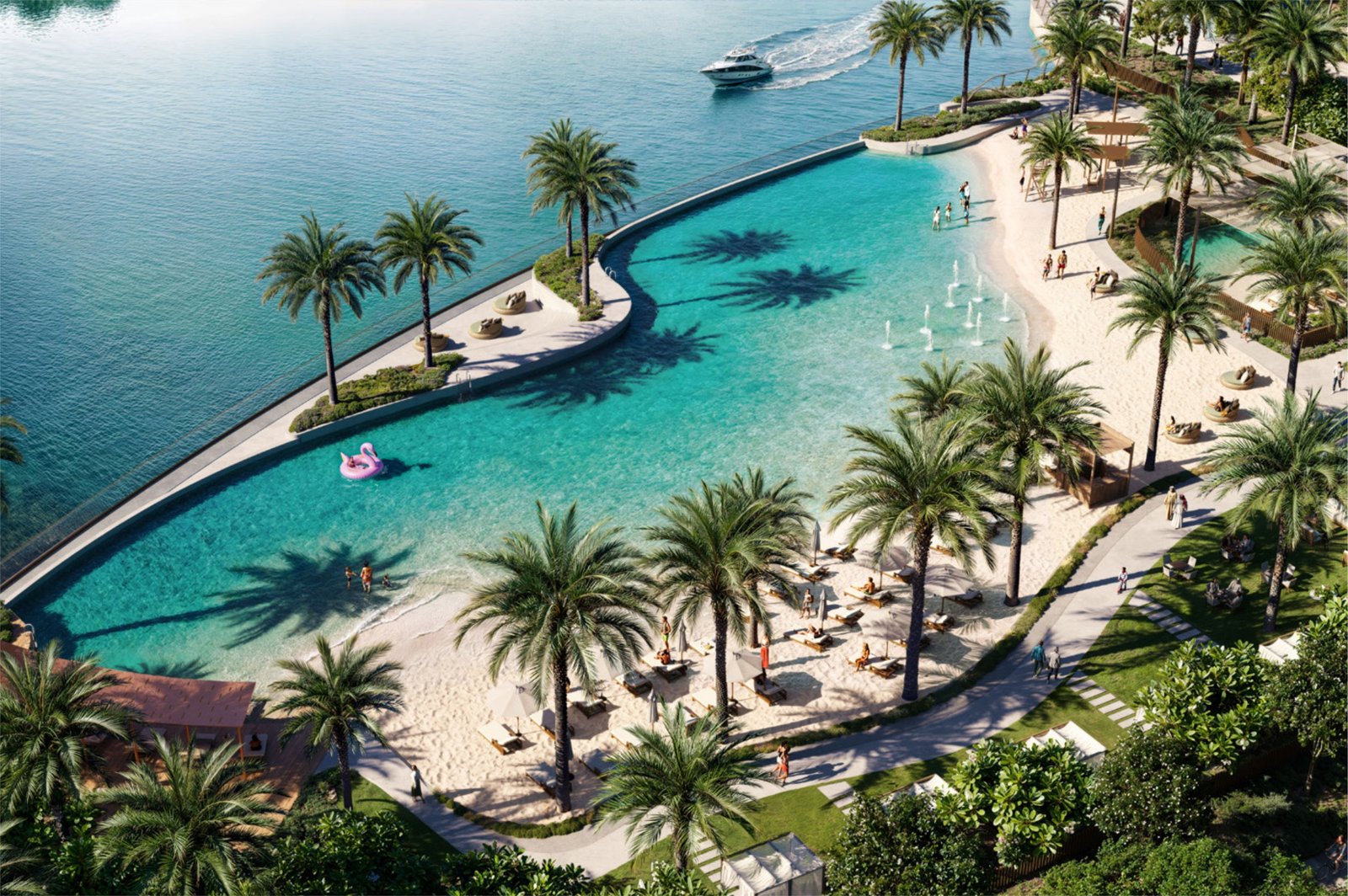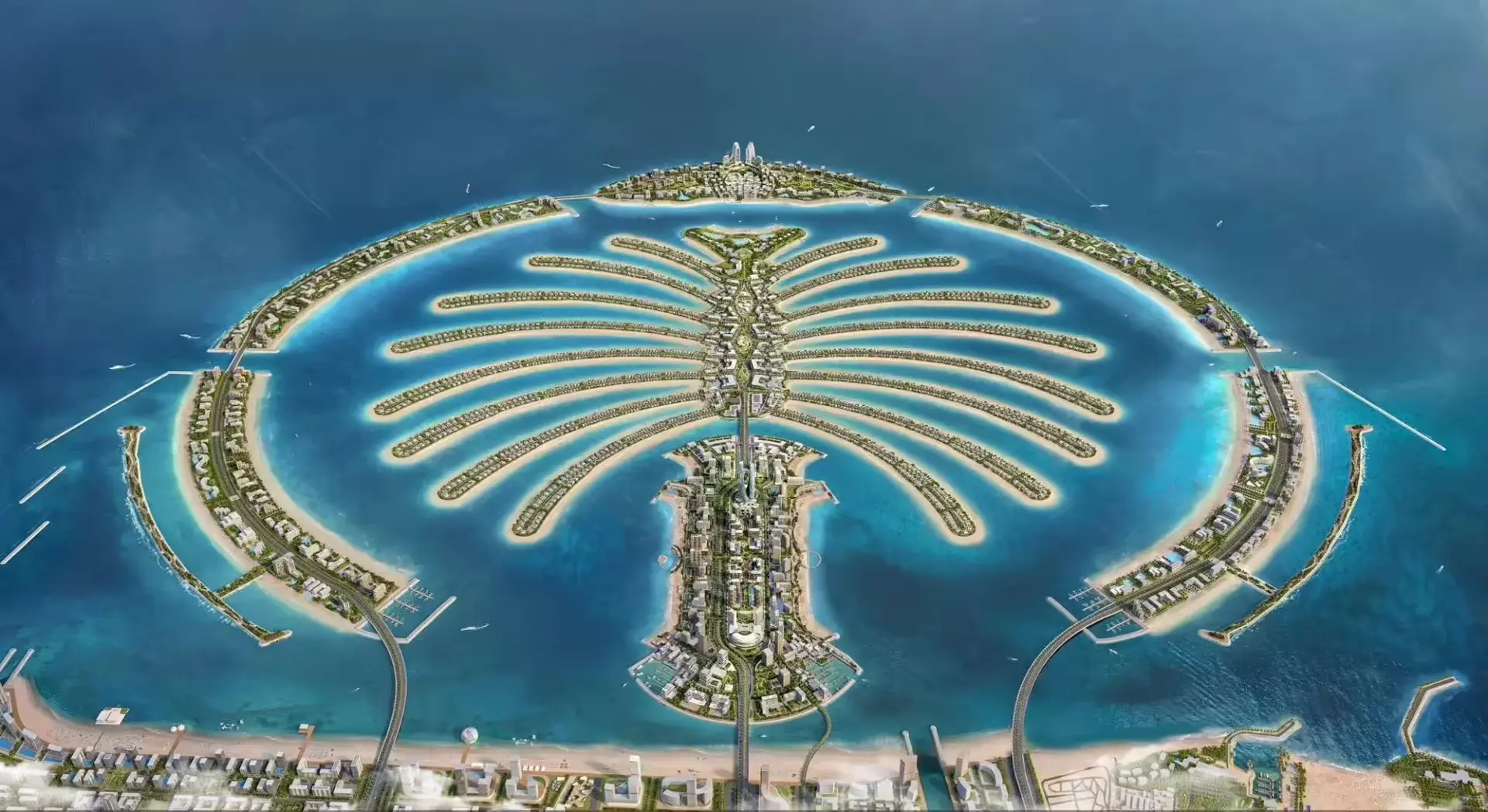The European Commission has officially placed Monaco on its ‘blacklist’ of countries considered high-risk due to weaknesses in their anti-money laundering (AML) systems.
At the same time, it has removed the United Arab Emirates (UAE) from the list—a decision that is expected to help smooth ongoing trade negotiations between the EU and the UAE.
Monaco, long known as a destination for the global elite, was also recently included on the Financial Action Task Force (FATF) ‘grey list,’ which flags countries needing increased monitoring for money laundering and terrorism financing.
Joining Monaco on the updated EU blacklist are Algeria, Angola, Côte d’Ivoire, Kenya, Laos, Lebanon, Namibia, Nepal, and Venezuela.
Countries being removed from the list include Barbados, Gibraltar, Jamaica, Panama, the Philippines, Senegal, and Uganda.
The updated list, which highlights countries facing heightened scrutiny for AML shortcomings, still requires approval from the European Parliament before it becomes official.
Members of the European Parliament (MEPs) can either approve or reject the Commission’s proposal but cannot make changes to it.
In a statement, the European Commission explained that the revised list reflects the latest findings from the FATF, particularly its ‘grey list’ of jurisdictions under increased monitoring.
The Commission emphasized its commitment to aligning with global standards and closely monitoring progress among listed countries.
The EU’s AML blacklist had not been updated since 2023. The latest proposal was delayed due to administrative reasons, and there are reported disagreements among MEPs—some of whom oppose removing the UAE and Gibraltar from the list.
There was also speculation that Russia might be added to the blacklist, but this was not included in the current update.
Removing the UAE from the blacklist is seen as a positive step for trade relations, as its previous inclusion had complicated ongoing negotiations between the EU and the UAE.







